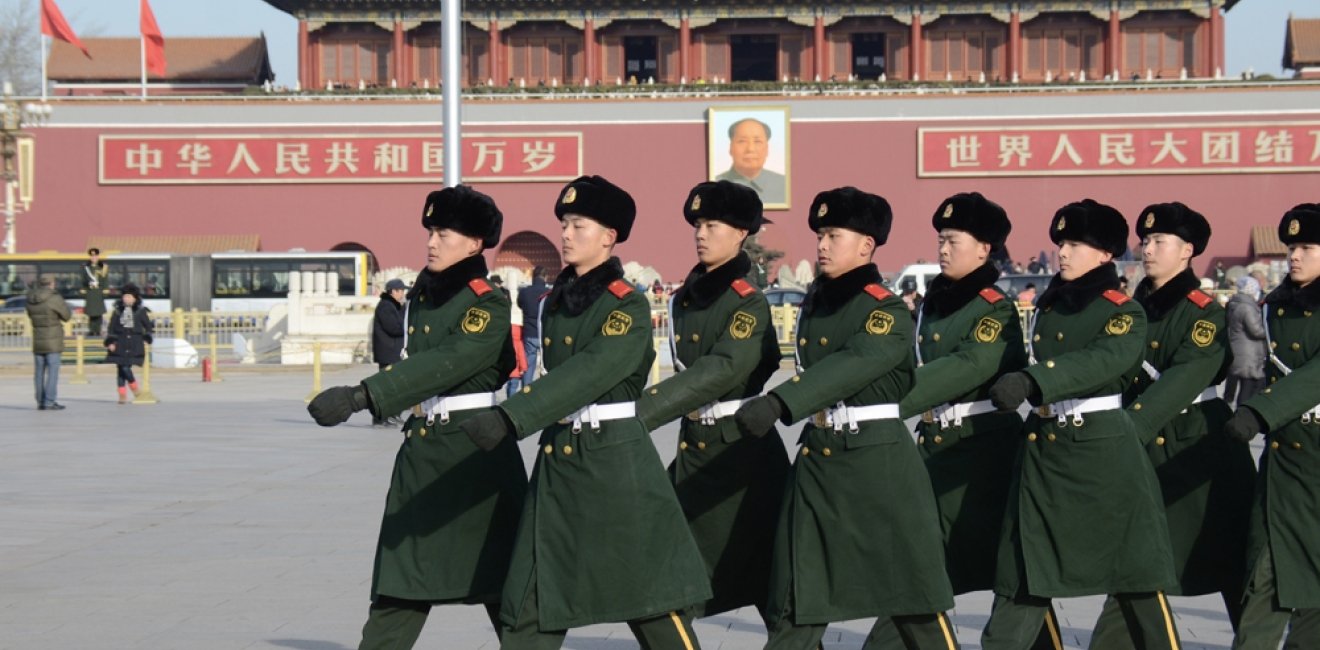On the Horizon 2021 | Asia
Here are three things to watch in Asia in 2021.
Here are three things to watch in Asia in 2021.

The Biden administration will confront an Indo-Pacific that has changed radically since the end of the Obama administration. Over the past four years, China has grown more assertive in the pursuit of its interests and has demonstrated a greater willingness to openly intimidate its neighbors. Over the same period, the United States dramatically reduced its traditional role. The new administration will likely attempt to rejuvenate U.S. alliances across the Indo-Pacific region. The success or failure of these efforts will weigh heavily on broader questions about the long-term sustainability of American power and leadership in the international system, and the success or failure of the liberal international order in the face of rising nationalism and competitive dynamics with China. The entire region – allies and adversaries alike – will watch to see if and how the United States seeks to restore its position as regional leader.
As U.S. involvement in Afghanistan reaches its 20th year, the Biden administration faces a series of major decisions. The President-elect will enter into office with 2,500 American troops left in the country. A 2020 agreement concluded between the Trump administration and the Taliban stipulates that all U.S. military forces will leave the country by the spring—but only if the Taliban has ended cooperation with al-Qaeda. Washington will need to decide if and how to follow this agreement, and how to approach a fragile, slow-moving peace process that has failed to contain intensifying violence. And above all, the administration will need to decide how, amid all this uncertainty, it will pursue its core interest in Afghanistan—maintaining a robust counterterrorism capacity—in the face of diminished public support for continued operations and justifiable questions about the security and human rights implications of the potential return to power by the Taliban.
Much of the Indo-Pacific will continue to face a difficult balancing act. Efforts to boost economic ties with China (despite the deepening security challenges posed by Beijing) must work in concert with efforts to reinvigorate its ties with the United States after four years of geopolitical turbulence. As of late 2020, Asia is the locus of the world’s two largest trade agreements, yet the U.S. is party to neither the CPTPP nor the RCEP. These trade deals have deepened regional economic integration, and given Asian nations the confidence to work together and focus on common economic interests. Nevertheless, as nationalist fervor continues to rise across Asia, increased trade relations will not be enough to tamp down growing rivalries and tensions over territorial disputes in particular. The sustainability of decoupling trade interests from security concerns will come under increasing pressure in 2021.




The Indo-Pacific Program promotes policy debate and intellectual discussions on US interests in the Asia-Pacific as well as political, economic, security, and social issues relating to the world’s most populous and economically dynamic region. Read more


